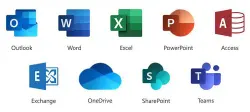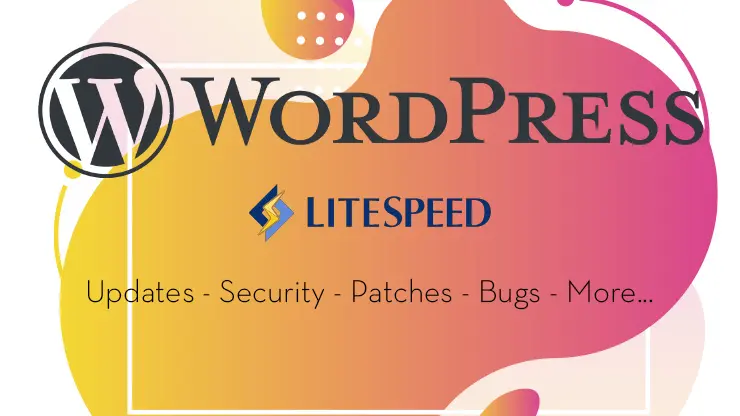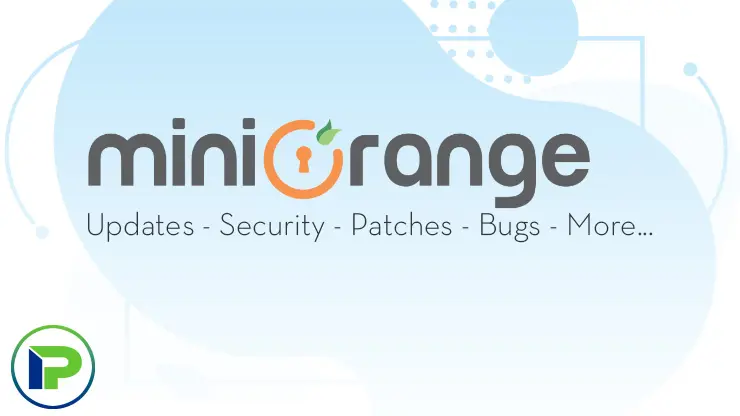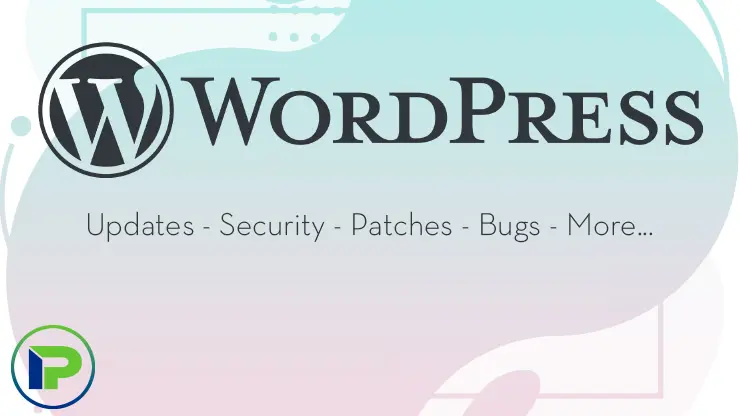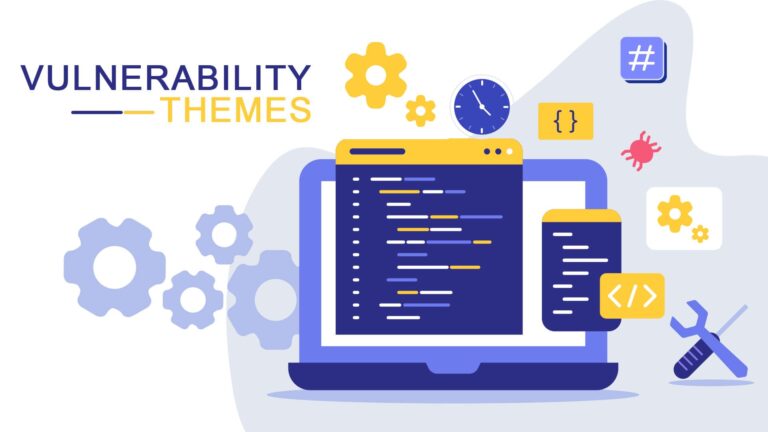In the intricate ecosystem of the internet, WordPress has secured its position as a predominant content management system (CMS). With its vast array of plugins, it allows webmasters to enhance site performance and functionality. However, this flexibility sometimes comes at a cost, as evidenced by a recent critical vulnerability discovered in the Litespeed Cache plugin that could put millions of websites at risk of takeovers. This isn’t the first time Litespeed had security flaws.
Understanding the Litespeed Cache Plugin
Litespeed Cache is a widely adopted caching solution designed to optimize the performance of WordPress websites. With over 5 million active installations, the plugin is favored for its ability to reduce load times and increase the overall efficiency of online platforms. Despite its advantages, users must remain vigilant about potential security risks associated with third-party plugins.
The Vulnerability Uncovered
The vulnerability in question, identified as CVE-2024-28000, was revealed by security researcher John Blackbourn. This critical issue enables an unauthenticated attacker to escalate their privileges and gain administrator rights on targeted WordPress sites. This breach of security raises alarms within the WordPress community, especially given the significant dependency on this particular plugin.
The Nature of the Threat
According to reports, the vulnerability lies within a feature of the plugin that simulates user actions, safeguarded by a weak security hash. Specifically, this hash, which has a mere one million possible values, can be exploited via a brute-force attack. Attackers can crack this security measure within hours to weeks. Moreover, in instances where debugging mode is enabled, these values may be exposed in logs, providing another pathway for exploitation.
We discovered in our research that insider threats are not viewed as seriously as external threats, like a cyberattack. But when companies had an insider threat, in general, they were much more costly than external incidents. This was largely because the insider that is smart has the skills to hide the crime, for months, for years, sometimes forever.
Responsible Disclosure and Remediation
Recognizing the severity of the vulnerability, Blackbourn responsibly disclosed his findings to the WordPress security firm Patchstack. In turn, Patchstack facilitated communication with the developers of the Litespeed Cache plugin. They issued a security patch on August 13, coinciding with the release of version 6.4—a crucial update aimed at mitigating the threat.
Despite this effort, data extracted from WordPress.org post-patch reveals that approximately two million websites might still be vulnerable, as only 30% of installations have updated to the latest version at the time of this analysis. This situation underscores a pressing need for webmasters to actively monitor and manage plugin updates to secure their websites against potential breaches.
Potential Impact of the Vulnerability
The implications of a successful attack exploiting this vulnerability are profound. An attacker gaining administrator access can deploy malicious software, steal sensitive data, or manipulate site functionality—actions that could lead to substantial reputational and financial damage for the affected businesses.
Targeted vs. Mass Exploits
Though the nature of the vulnerability suggests that mass exploitation might be less likely, given the need for specific conditions (such as obtaining the security hash), targeted attacks aimed at particular sites cannot be dismissed. The sheer volume of websites utilizing Litespeed Cache makes it an attractive target for cybercriminals looking to exploit specific vulnerabilities for strategic gains.
Recommendations for Website Owners
Given the alarming nature of this vulnerability, website owners using Litespeed Cache must take immediate action. Regularly updating plugins should be a fundamental aspect of website maintenance. Furthermore, webmasters are advised to disable debugging mode to safeguard sensitive data from being logged.
Broader Implications for WordPress Security
This incident serves as a critical reminder of the importance of website security for all WordPress users. Plugin vulnerabilities can serve as gateways for cyber attackers, making it imperative for site owners to be proactive rather than reactive in their security measures. The WordPress community must collectively advocate for better security practices, emphasizing the adoption of comprehensive security plugins and conducting routine audits.
The Litespeed Cache vulnerability encapsulates ongoing challenges within the realm of website security, particularly for widely used plugins. While the response from developers and security firms has been commendable, the onus ultimately lies on website owners to ensure their platforms remain secure. Vigilance, regular updates, and a strong security posture are essential to mitigating risks and maintaining the integrity of WordPress sites in an ever-evolving digital landscape. As the internet continues to grow, so too must our commitment to safeguarding it against prevailing threats.

